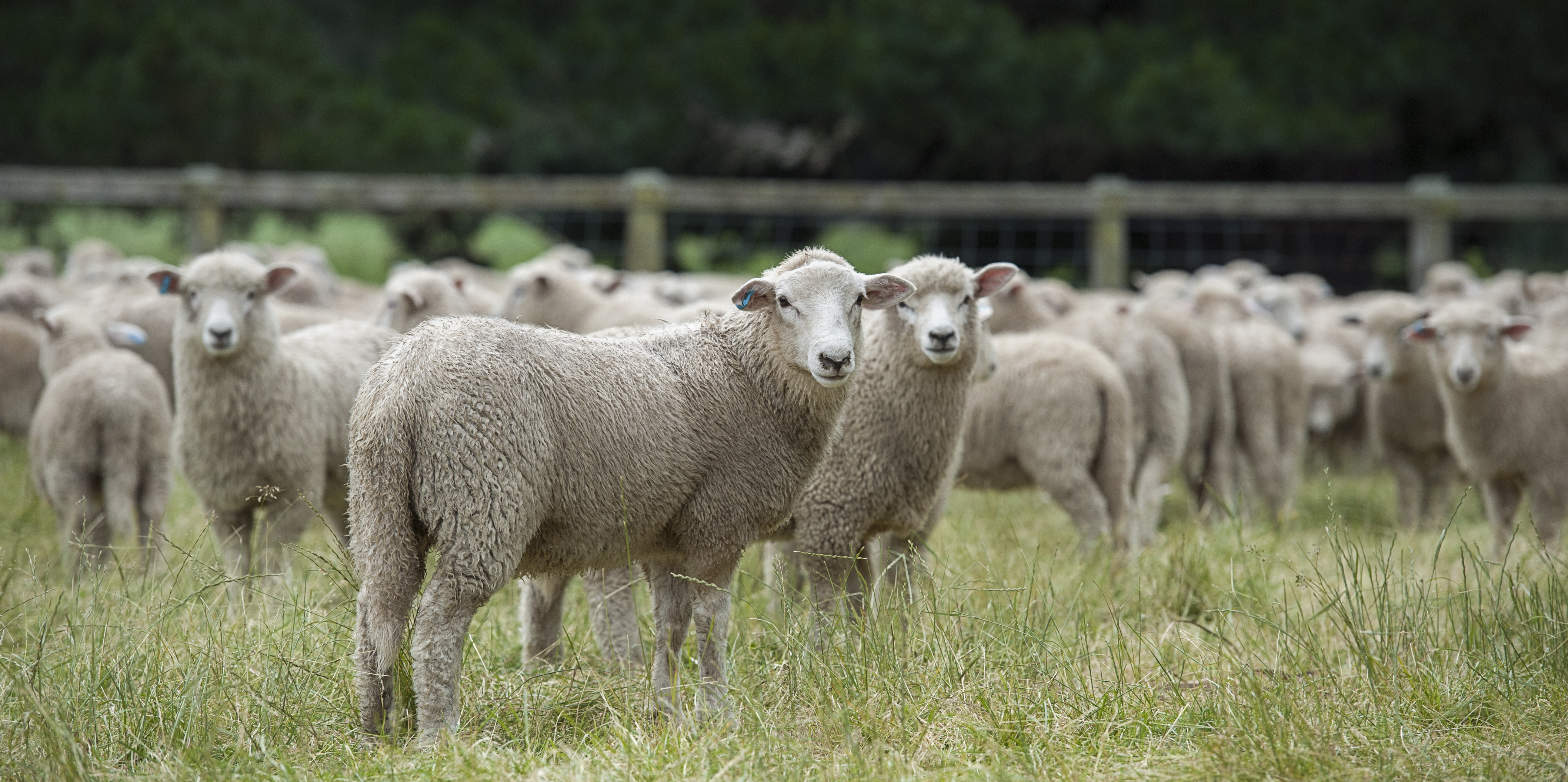Low Input Sheep Progeny Test nears completion
Tuesday 6th September 2022

The Low Input Sheep Progeny Test will be wound down from the end of this year having highlighted the role genetics can play in a sheep’s ability to perform with minimal inputs in a challenging environment.
Progeny born this spring will continue to have a number of traits measured and recorded over the next two years, but there will be no new matings in 2023.
Starting in 2019, the project, also known as “Ethically and sustainably produced, high-value lamb” was a three-year programme co-funded by Beef + Lamb New Zealand (B+LNZ) and the Ministry for Primary Industries.
It has enhanced breeding values for parasite resistance, tail length, bare points and the propensity to form dags. It has also been instrumental in aiding the development of breeding values for methane and feed efficiency.
Since the project began, there has been a significant increase in the number of flocks now recording low input traits. An example is dag scores where the number of flocks recording this trait has risen from 52 to 115.
Dan Brier, B+LNZ Genetics General Manager, says the programme, which was based on South Canterbury’s Orari Gorge Station, has also made a considerable contribution toward methane reduction research by harnessing genomics to assess sires that produce low methane and feed-efficient lambs.
“Most importantly, the programme has raised awareness of low input traits and the opportunities available to farmers to produce food and fibre with minimal inputs without compromising productivity.”
He says drench resistance, climate change, rising costs and consumer demand for red meat produced with minimal inputs are all very real issues for sheep farmers and the Low Input Progeny Test has highlighted the potential for genetics to help address them.
Mr Brier says the trial was followed with interest by both stud breeders and commercial farmers and this was reflected in good attendance at field days and on-line forums.
“Much of the success of this programme must be attributed to Robert Peacock who was willing to host the trial on Orari Gorge Station, the enthusiastic and engaged Low Input Steering Group and the future-focused breeders who contributed rams.”
Over the course of the programme, 35 stud flocks contributed rams and committed to recording low input traits, says Mr Brier.
“A huge amount of work has gone into the programme, particularly by the team at Orari Gorge Station who undertook much of the project’s extensive monitoring and measuring requirements.”
Mr Brier says while low input traits will continue to be measured at B+LNZ Genetics Central Progeny Test sites, the focus will now shift to providing education and resources around low input sheep production.
“Our focus will be on supporting farmers wanting to incorporate low input traits into their flocks.”
A final field day for the programme will be held in spring at Orari Gorge Station. Details will be on B+LNZ’s events page.
More resources:
 Previous
Previous


